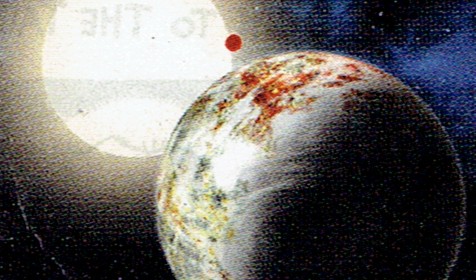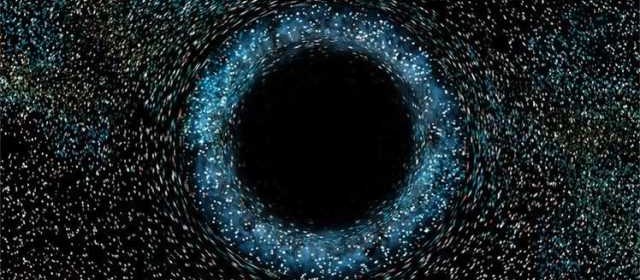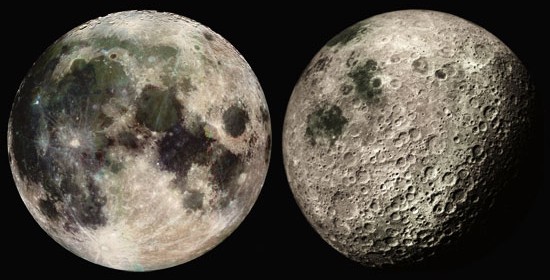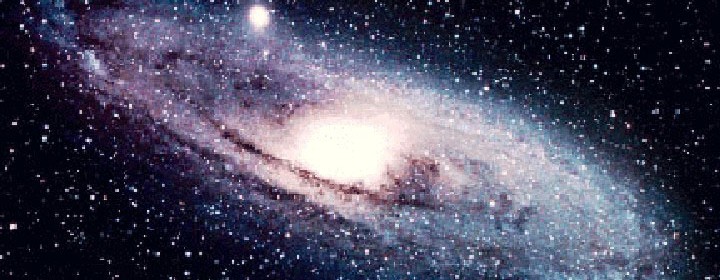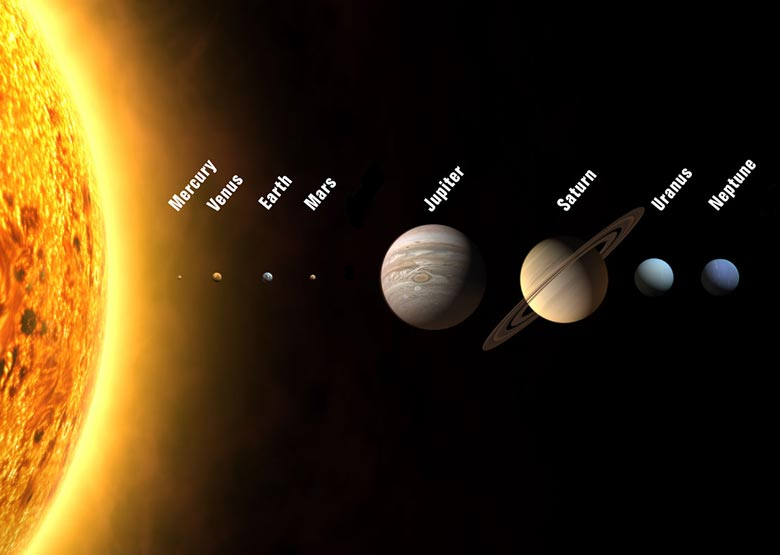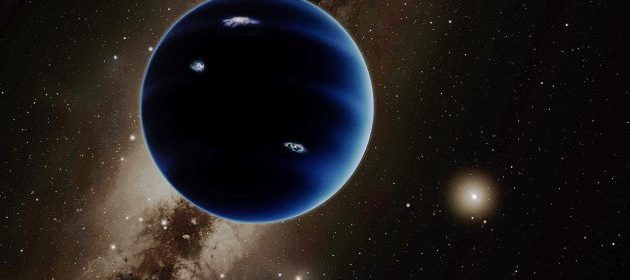The most Earth-like planet yet
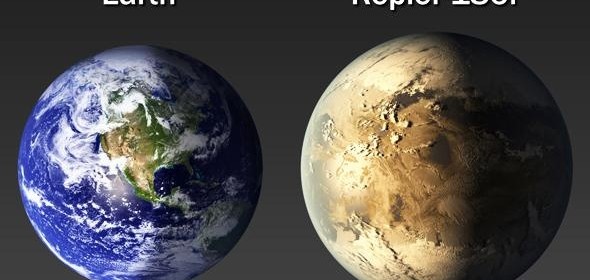
Have we found Earth’s twin? For the first time, astronomers have identified a planet outside our solar system that is both Earth-size and orbits its star in the so-called Goldilocks zone, where temperatures may be “just right” for supporting liquid water—and, therefore, life. Researchers discovered the planet while reviewing data from NASA’s Kepler space telescope, which has spent the past […]
Read more
